Section 232 Investigation of Commercial Aircraft, Jet Engines and Parts

In a recent Federal Register notice the Bureau of Industry & Security (BIS) of the Department of Commerce announced that “On May 1, 2025, the Secretary of Commerce initiated an investigation to determine the effects on the national security of imports of commercial aircraft and jet engines, and parts for commercial aircraft and jet engines. This investigation has been initiated under section 232 of the Trade Expansion Act of 1962, as amended (Section 232).” The investigation may take up to 270 days but it can be concluded sooner.
The Tokenization Rulebook: Compliance Strategies for the Digital Asset Revolution

Since Bitcoin’s creation in 2008, cryptocurrencies and traditional assets have largely existed in parallel. In our previous exploration of Real World Assets (RWAs) (Assessing the Benefits and Challenges of Tokenizing Real World Assets, February 7, 2024), we identified how the lack of reliable bridges between on-chain and off-chain ecosystems has constrained the transformative potential of blockchain technology.
Tariffs Legal Decisions Under IEEPA Raise Constitutional Issues for Circuit Courts
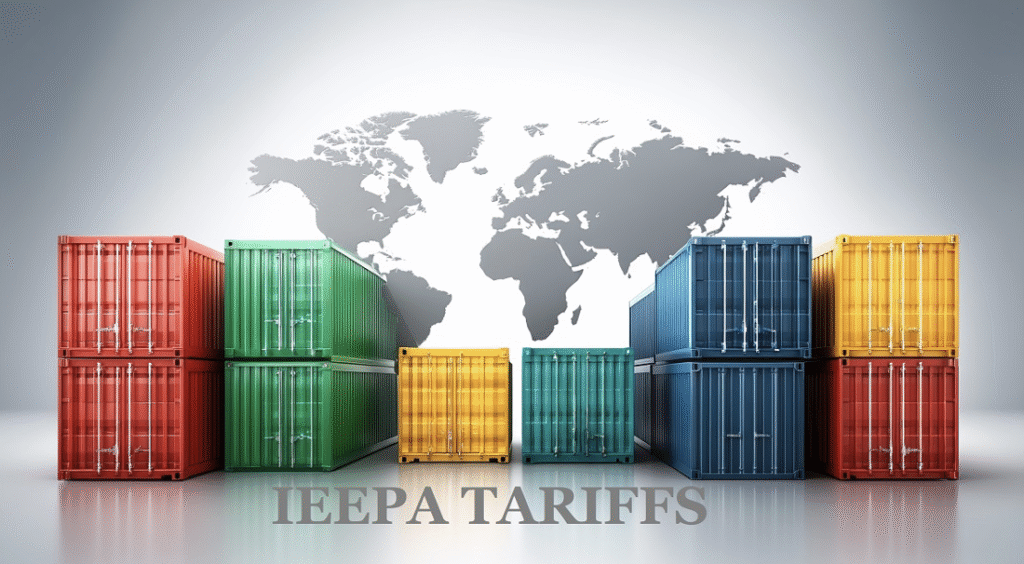
Several lawsuits challenging the legal validity of the tariff actions taken by President Trump since he took office on January 20, 2025, are in process of moving through the federal courts. They raise a variety of important jurisdictional and constitutional questions and seem poised to lead to challenges in federal circuit courts and the Supreme Court.
The Art of the (UK) Deal

On May 8, 2025, the United States and United Kingdom (UK) unveiled the new trade terms of an “economic prosperity” deal. This deal comes after President Trump imposed a 10% reciprocal tariff on all products from the UK and additional tariffs on steel and aluminum, and automobiles and automobile parts. While the 10% reciprocal tariff will remain in effect, the two countries were able to agree on alternative arrangements for steel and aluminum, automobiles, and other strategic sectors.
Trump’s Plan B for Tariffs
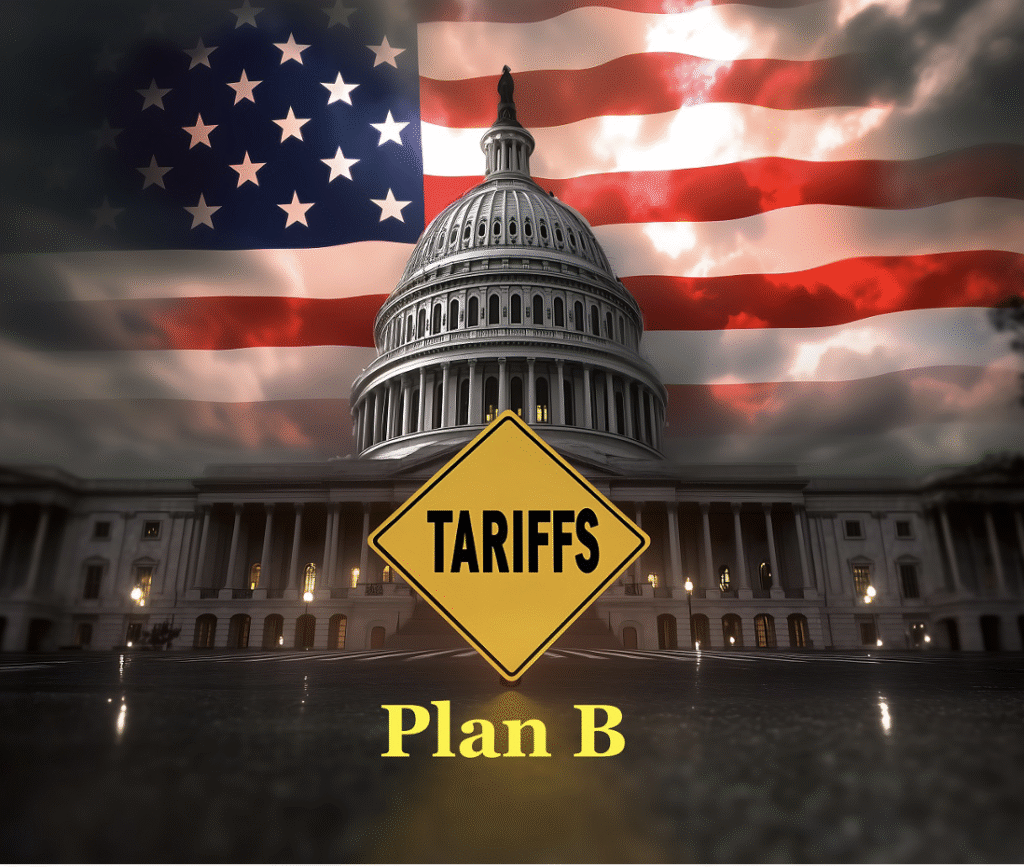
On May 28, 2025, the United States’ Court of International Trade (CIT) struck down the President’s use of the International Economic Emergency Powers Act (IEEPA) to impose tariffs. This includes tariffs imposed on Canada, China, and Mexico in response to the fentanyl crisis at U.S.’ borders and reciprocal tariffs imposed on almost all foreign imports on April 2, 2025. The Government immediately appealed the decision to the U.S. Court of Appeals for the Federal Circuit (CAFC).
U.S. vs China as a Global Trade Partner, Are We (U.S.) the Bad Guys?
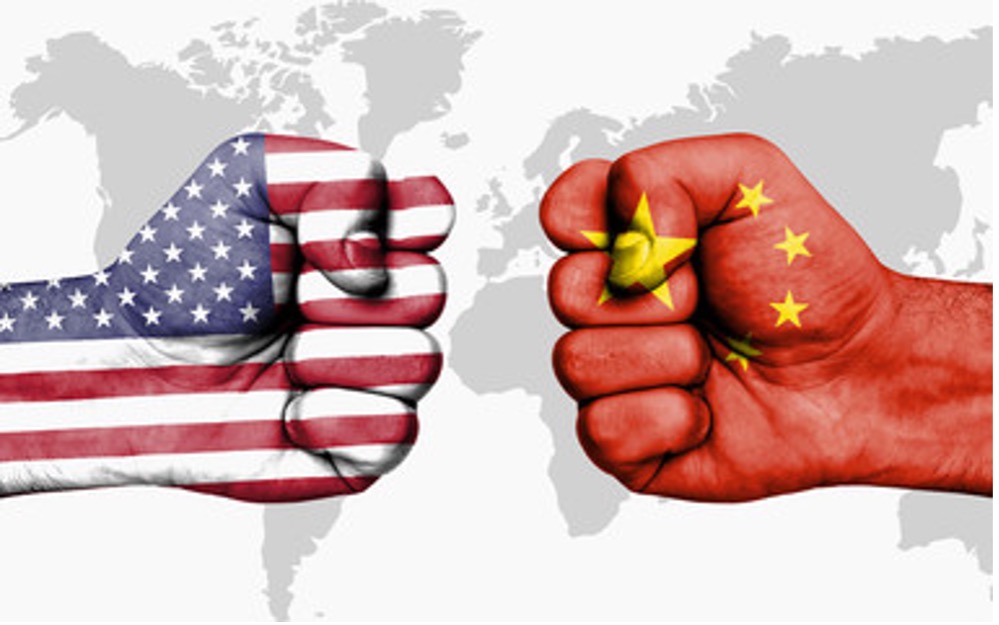
A quiet but significant power shift has been unfolding across Latin America. While the United States has long been the dominant economic and political influence in the region, its recent inward turn under the “America First” doctrine has created openings that China is eager to fill.
CTPAT: An Anchor for Weathering the Trade Storms
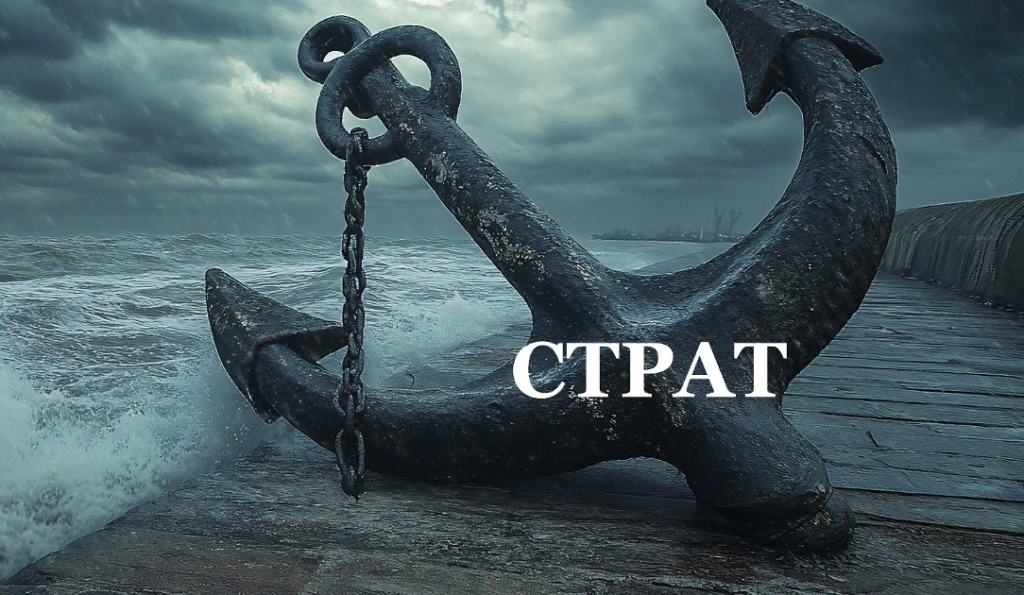
A few weeks ago, at the Trade and Cargo Security Summit, held in New Orleans, we learned that CBP (Customs and Border Protection) WAS NOT going to discuss the current administration’s policy during the conference. (Cue the dramatic music). Will you feel better if I tell you the groan across the audience was conspicuously audible? No? Well, I tried.
Protectionism or Free Trade?

Many of our basic freedoms are guaranteed by the Constitution. Speech, press, assembly, religion: these are all accepted as sacrosanct rights by reasonable people across the political spectrum. But should we not have the same freedom when it comes to the economy?
Surviving the 2025 Tariff Wave: A Strategic Guide for U.S. Importers

The first quarter of 2025 has reshaped the U.S. trade landscape with a flurry of executive actions by the Trump administration, introducing a new wave of tariffs on imports from almost all U.S. trading partners. The Trump Administration has also levied broad duties on imports from Canada, Mexico, and China, on the basis of emergency powers of the Executive Branch, citing national security, border control, and illicit drug interdiction.
All Is Fair in Love and War, But Apparently Not Trade. Closing the Gap on Global Trade Deficits with the U.S. (A monumental task for a variety of reasons)
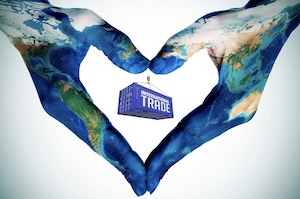
As a broad stroke of tariffs are now levied against various countries to close the trade deficit gap, without truly examining the reason(s) for the imbalance, there will most likely be automatic retaliatory tariffs in a lose-lose situation. The White House stated that currently 50 countries are on the phone with the President, but that is hard to confirm. US consumers will ultimately pay the price, as well as SME’s.
